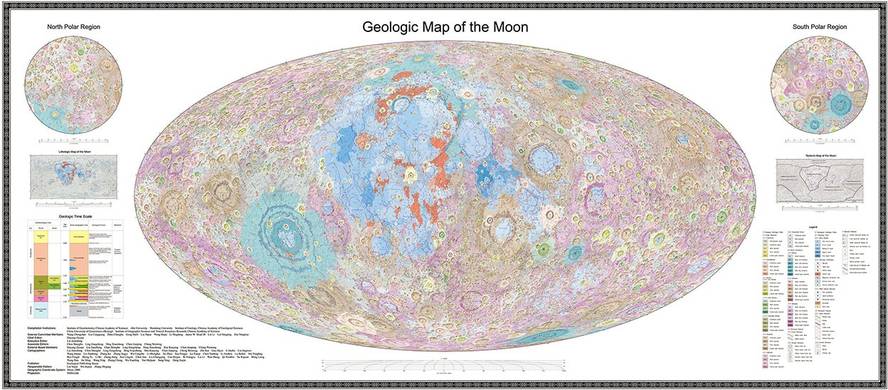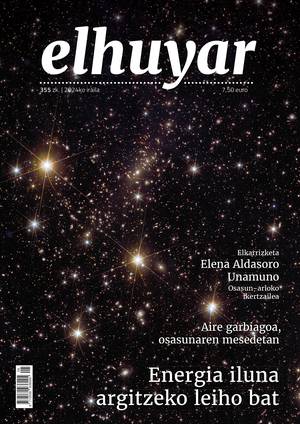The Chinese Academy of Sciences completes the most detailed geological atlas of the Moon

The Chinese Academy of Sciences has presented the new geological atlas of the Moon, the most comprehensive so far. In ten years, over a hundred researchers have worked to complete it. NASA, with data from Apollo missions, has a two-fold resolution. It shows a total of 12,341 craters, 81 basins, 17 types of rocks and 14 structural types at 1:2.5 million scale, along with other basic lunar surface information.
According to the Academy, the new map is very useful to meet the research and exploration needs of the Moon. In fact, the latest missions that China is carrying out on the Moon are succeeding and have confirmed their use to take future steps. For example, it plans shortly to start the Chang'e-6 mission to collect the rocks of the hidden South Pole in favor of the Moon, of different eras and types, for which they have confirmed that the map will be of great help to them.
In fact, the map data has been confirmed with those collected in the China Moon exploration program, especially in the Chang’e-1 mission, which, between 2007-2009, inspected the lunar surface from its orbit. Chang’e-3 and Chang’e-4 landing missions helped to verify the accuracy of Chang’e-1 data, with data collected on their own skin, as well as US and Indian missions.
The Academy has advanced that it will create more accurate regional maps based on scientific and engineering needs. Meanwhile, it will put the Atlas on the Digital Moon platform to make it available to the international research community.





